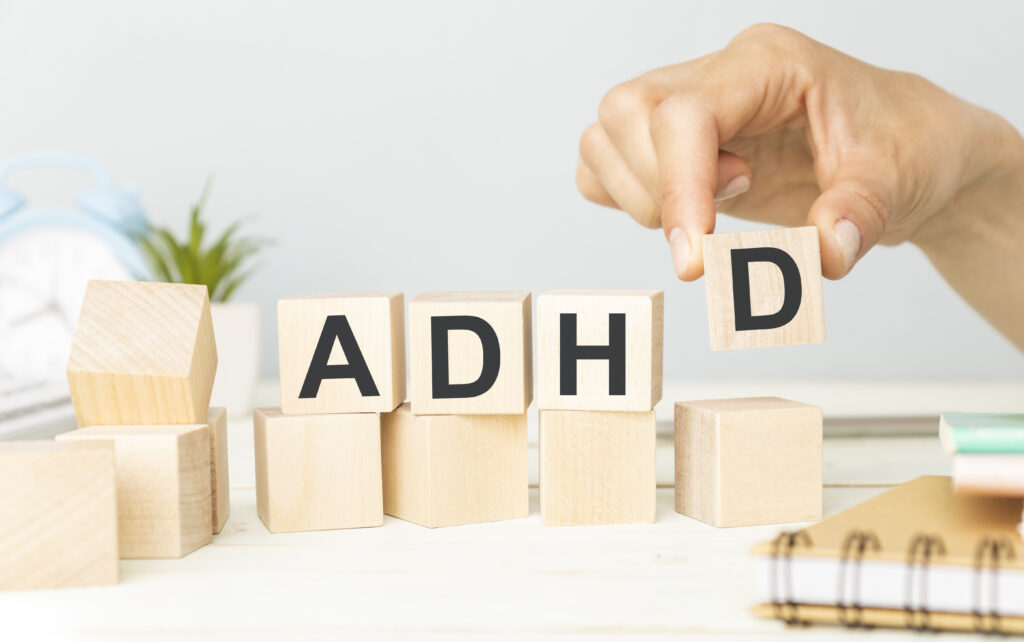Understanding ADHD in Adults

Living with Attention Deficit Hyperactivity Disorder (ADHD) as an adult can present unique challenges, often unnoticed or misunderstood by those around us. In this blog, we embark on a journey to unravel the intricacies of ADHD in adults, shedding light on the symptoms, impacts, and strategies for managing this neurodevelopmental disorder.
Section 1: Demystifying Adult ADHD
- Defining Adult ADHD: Breaking down the misconceptions and stereotypes surrounding ADHD, we explore the true nature of the disorder and how it manifests in adulthood.
- Symptoms Across the Lifespan: Understanding how ADHD symptoms evolve from childhood to adulthood and recognizing the varied ways they can manifest.
Section 2: The Impact on Daily Life
- Workplace Challenges: Exploring the hurdles adults with ADHD often face in professional settings and providing practical tips for overcoming them.
- Relationship Dynamics: Examining how ADHD can affect personal relationships, and offering insights into communication strategies and relationship maintenance.
Section 3: Diagnosis and Treatment Options
- Getting Diagnosed: Discussing the importance of seeking professional help for an accurate diagnosis and the potential benefits it brings.
- Therapeutic Approaches: An overview of various treatment options, including therapy, medication, and lifestyle adjustments, and their effectiveness in managing adult ADHD.
Section 4: Coping Strategies and Self-Care
- Building Effective Habits: Providing practical advice on developing routines and habits that can mitigate the impact of ADHD symptoms on daily life.
- Mindfulness and Meditation: Exploring the role of mindfulness in managing ADHD symptoms and promoting overall well-being.
Section 5: Nurturing a Supportive Environment
- Building a Support System: The importance of a strong support network and how friends, family, and colleagues can contribute to an ADHD-friendly environment.
- Promoting ADHD Awareness: Encouraging open conversations and awareness to reduce stigma and foster understanding in the community.
Conclusion: In conclusion, understanding ADHD in adults is crucial for fostering empathy, providing appropriate support, and facilitating personal growth. By shedding light on the challenges and triumphs associated with adult ADHD, we aim to contribute to a more informed and compassionate community that empowers individuals to thrive despite the complexities of this neurodevelopmental disorder.
